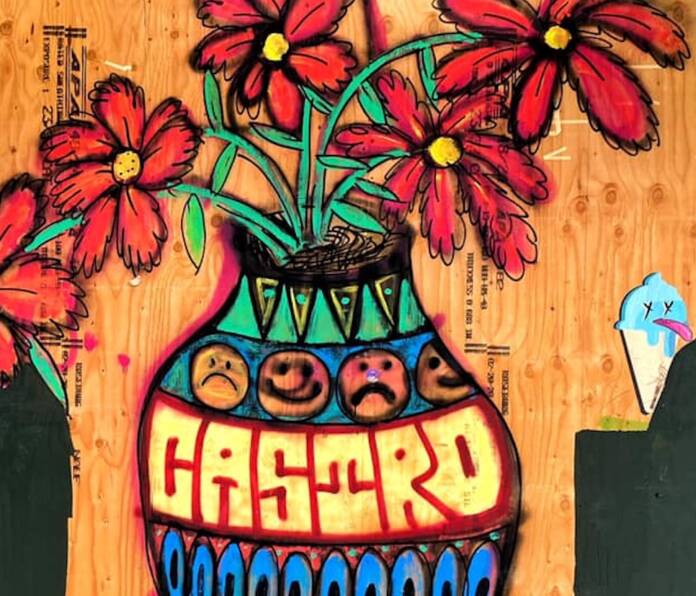This is part two of a two-part essay on how Castro nightlife can be improved for queer Black people and people of color. Read part one here.
What does it mean to have a Reparative Action Plan for Black communities that live, congregate, and/or work in the Castro?
For the last couple of months this nation and the world has seen a grand show of force righteous anger from all quarters of society, but most importantly from Black communities.
It is everyday Black folks and non-Black co-conspirators—having witnessed yet again the wanton force that led to the untimely deaths of George Floyd, Breonna Taylor, and so many others—who are now demanding concrete fundamental change in society as a whole, in all aspects.
Can we say that Black queer and trans people have been killed in cold blood on the streets of Castro? Must we wait for a life to end to make the needs of Black queers finally centered?
No, but the continuum of oppression is such that it doesn’t need to happen for collective accountability to take hold.
The venues themselves have meted out violence on Black people seeking sanctuary and joy. Be it barring us entry, ignoring complaints of racism, making us invisible in advertising (save for HIV/AIDS related programs), and needless calling of police to enforce control thereby reinforcing current racial modalities of “knowing ones place”.
The Bay Area Queer Nightlife Coalition (BAQNC), a new collective of BIPOC performers and patrons formed to help hold community venues accountable and give us a voice, has collected—and continues to collect—necessary data on all of this. The coalition issued a questionnaire to the community that rated queer nightlife venues’ safety and accessibility with a score-based system. It then presented the results in an online town hall earlier this month, and invited venues and management to listen and participate. It’s an attempt to show Castro business owners just how much they’ve left countless communities out in the cold, and help them improve.
BAQNC is actively putting in work behind the scenes to create a structure that will be a framework and toolkit that venue owners and a management can utilize to correct their inaction. It is a first step, one that everyone of all colors should demand venues to participate in if we are to support them when (and if) nightlife can return.
The owners and/or management that participated in the first BAQNC townhall: The STUD, Qbar, Toad Hall, The Eagle, The Edge have all stated how they want to do better and will do what it takes to be better.
Let’s hold them to it. Ask for monthly or quarterly updates about how they are improving their scores. Ask them how they will invest not just symbolically but infrastructurally in Black queer and trans communities, in indigenous and Latinx queer communities, in queer women communities, etc…. with more than just words.
We heard in real-time at the townhall meeting two business owners and a manager eagerly stating that they want to learn while they were talking to the Coalition. But when their screen time ended (yet their mic was still on) some 350 pairs of ears heard a very different narrative being spun; attacking a founding member of BAQNC for merely asking for accountability and dismissing the experiences of a former performer of their venue who recounted alienation and hurtful actions.
Should we sit on our hands and idly wait for a report back? No, we must say “You will do this because if they are impacted we are all impacted.”
We must recognize if a queer sibling is belittled or demeaned or ignored due to their other intersecting identities that we will not accept their businesses.
We must look at The STUD and Qbar, each of which scored the highest on the survey, as examples of venues doing their best to be a place for as many people as possible—and even challenge them to be greater and better than themselves, because we believe that there is not a finishing line for equity.
Venues with Black co-owners and of color management, venues that have stakeholders in marginalized communities that have real power: That is the true answer, will you demand it be heeded?
James Baldwin once said: “The role of the artist is exactly the same as the role of the lover. If I love you, I have to make you conscious of the things you don’t see.”
Well, I say the role of the activist and the advocate is exactly the same as the role of the lover.
But you must not beat down those who love you—and who believe you have the capabilities of being better.
Levi Maxwell is Bay Area-born San Francisco resident focusing on LGBTQ homelessness and queer youth advocacy and a lecturer on race, culture, and history.








